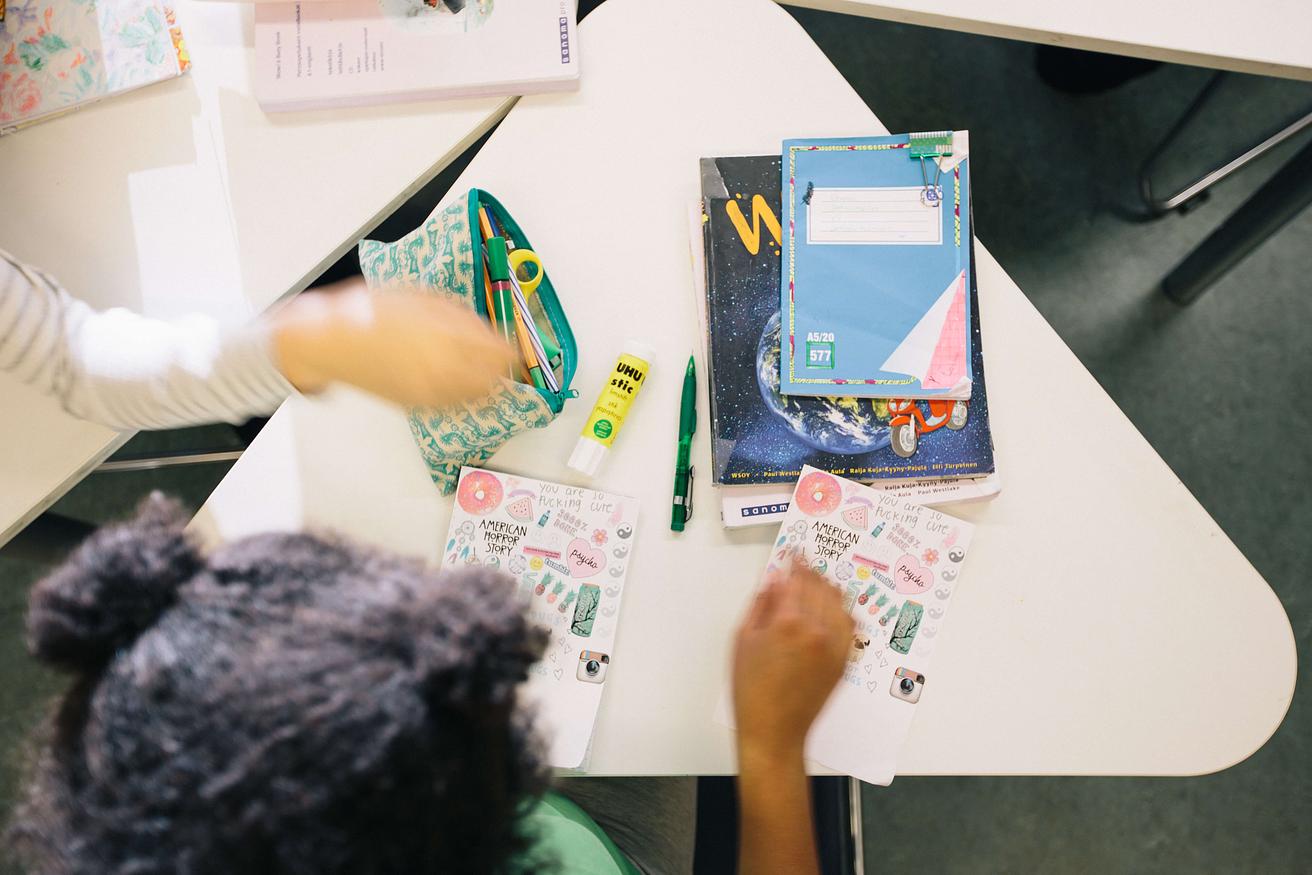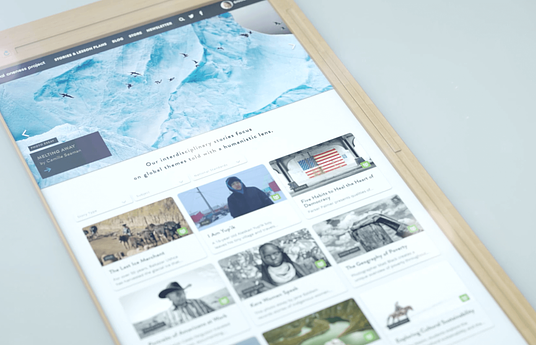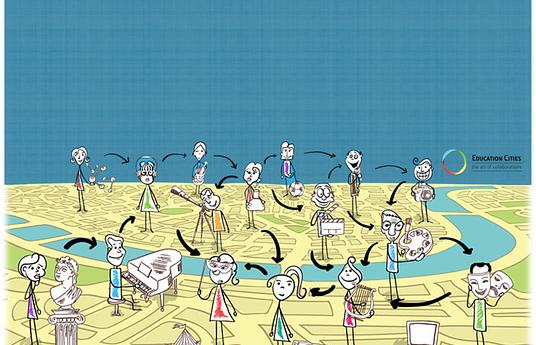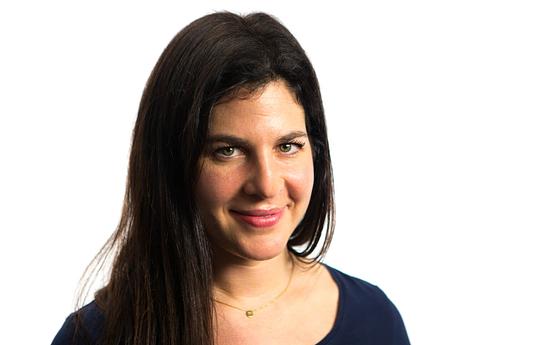Just when you thought there couldn’t possibly be another way to be #authentic, whether that be in your real life or just on Instagram, now there’s authentic learning.
To be fair to authentic learning, the concept has been around a little longer than the Instagram #authentic lifestyle. So what exactly is it?
Authentic learning is when real-life scenarios are brought into education. This could be through bringing in contemporary articles on the themes you’re discussing in English class, to make the classic text you’re studying apply to the lives of today’s students. It could be through work experience or talks by industry professionals, like someone from a tech start-up, so kids can see how what they’re learning in their STEM classes actually links to real life.
That is the key thing, young people need to see that what they’re learning links to their lives.
Authentic learning is when real-life scenarios are brought into education.
"
The most effective way of getting pupils excited about what they’re learning is to link it to real-life situations and opportunities. Schools operate separately from the rest of the world, so of course it is difficult for young people to understand and see how what they’re learning links to real life, which in turn makes it challenging to be motivated and passionate.
'The school environment, teaching methods, and the content aren’t relatable or inspiring to them any longer'This is a problem specifically with today’s education as ‘the world of children and young people outside of schools has changed, and so the school environment, teaching methods, and the content aren’t relatable or inspiring to them any longer, which creates motivational problems.’ explains Kristiina Kumpulainen, Professor of Pedagogy at the University of Helsinki.
Authentic learning has a few different looks. The first and most prominent is learning through doing.
Rather than adopting a traditional approach of educating, where teachers impart knowledge and students are passive, students lead their own learning and complete practical tasks – creating a more active, personalized learning environment.
We see this kind of authentic learning in practices like Project DEFY, where students use the internet to learn how to do something they’re interested in, and then do it.
Authentic learning also centres around the idea that education should allow students to accumulate the real-life knowledge they need in order for them to be able to work in their chosen field.
Education Cities examples how this could work. The project links students and schools with the professional working world. Students work with professionals in the area of expertise they’re interested in and complete projects based on their aspirations and interests. They receive mentorship from professionals, and teachers take on the role of a guide rather than directing and controlling their learning.
The project is mutually beneficial. Students get to follow and learn about their passions, and cities help to produce a generation of students who are invested in their communities and are ready to work in the growth areas of their cities instead of having to move somewhere else.
A final main principal of authentic learning, is for learning to mirror the complexities and ambiguities of real life.
Especially now, in a time of exponential change due to globalization and the advances in technology, the world has never been so unstable in terms of career stability.
It is important, in times like these, that children are prepared for a life filled with fast changes and developments, and that they are aware of the complexities that face them.
Global Oneness helps to introduce difficult topics like climate change and refugee integration through the use of educational high-quality documentaries. Teachers can use the videos for free to help show today’s students the core issues we face today, and to give them a deeper understanding of these challenges.
Check out their work below:
More than being a means to help the next generation get jobs, education needs to develop them as human beings, as Sophie Deen, creator of Detective Dot, explains, ‘I don’t think that our education system is teaching us how to be human so that we can understand what the issues are, so that we are part of the whole world, not just the place that we grew up in. (...) We need to think more as global citizens. We’re taught to think that we don’t have much impact, and so we go to school and are given the skills to get a job.’
Whether it’s job insecurity or the vast changes happening in the world, children need to be prepared so that as a human being they have the personal skills able to deal with them. ‘Critical thinking is a really important skill that children have to learn or should be taught so that whatever happens in the future, which is an unknown fast-changing thing, they have the skills to cope with it.’ says Deen.
By developing skills such as critical thinking, students will be able to make useful contributions to their society and communities, which is one of the most important aims of authentic learning.
A final main principal of authentic learning, is for learning to mirror the complexities and ambiguities of real life.
"
Authentic learning is a way of bringing positive changes all round. It enables children to realise and follow their passions. Learning environments become engaging atmospheres where learning through doing is the norm, and not only does it allow students to be motivated and engaged, but it will greatly improve our societies in the future. Children will be prepared with the skills to contribute to their communities in a deeply positive way. Instead of acquiring knowledge for the main purpose of getting a good grade (a less authentic learning practice), students learn in order to contribute to society and to genuinely input into their chosen field of work.
Doesn’t it make sense for education to be a little more #authentic?




